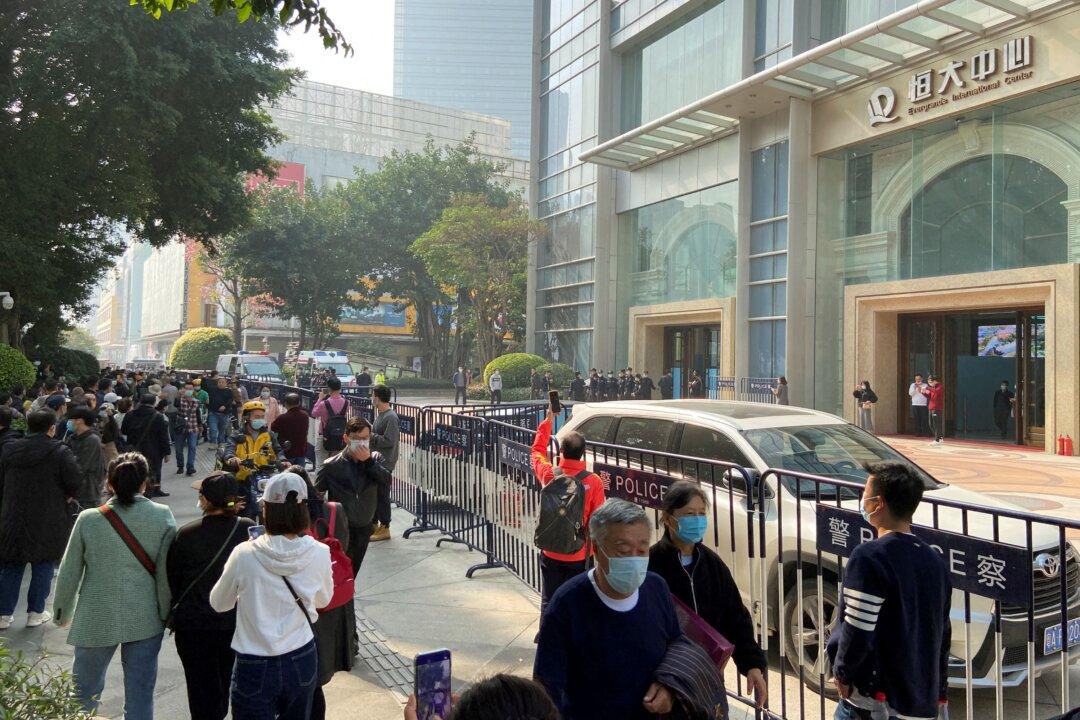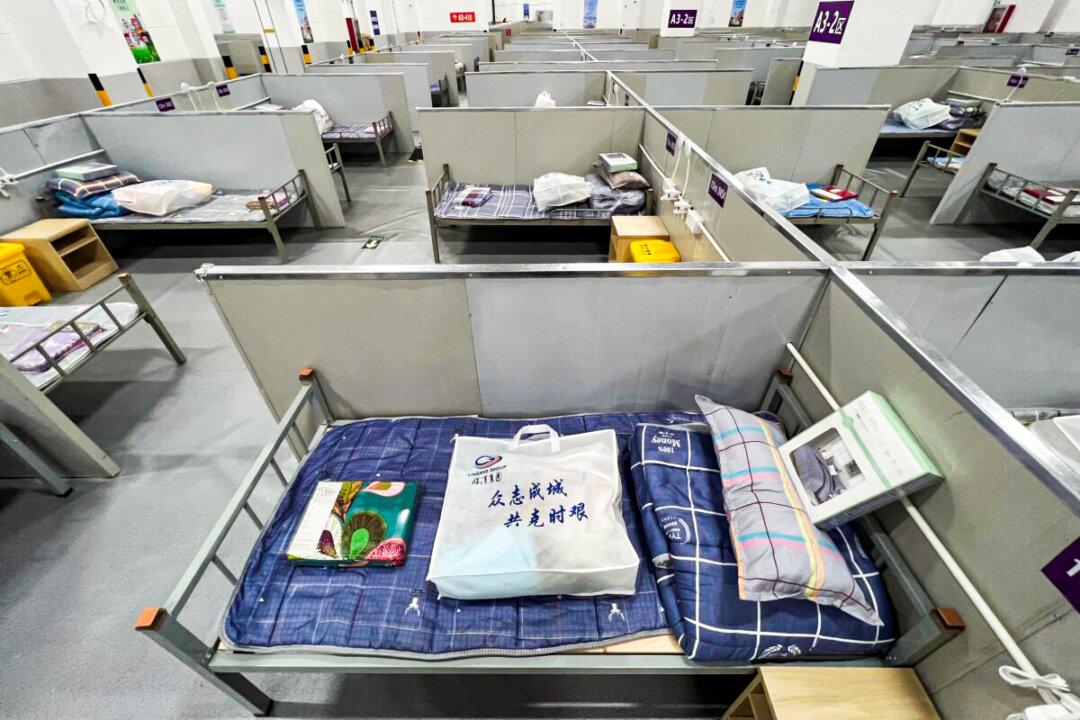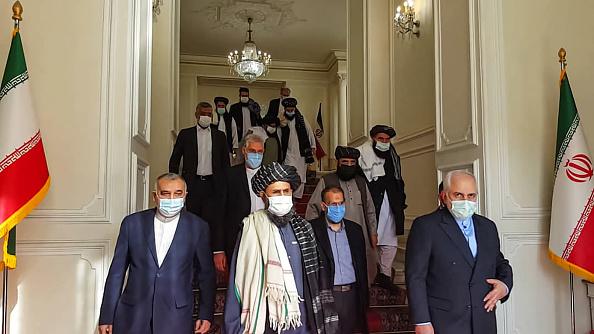Embattled developer Evergrande’s failure to meet its debt payments has set off a chain reaction in the property sector in China.
Multiple Chinese property developers in different parts of China are experiencing defaults in construction and wage payments as well as overseas and domestic bonds and debts.





